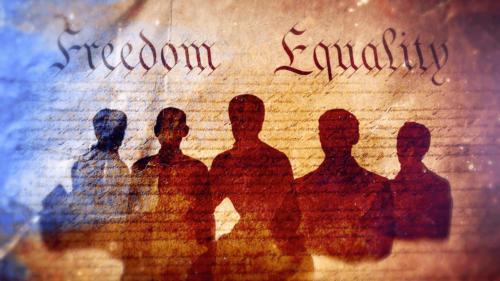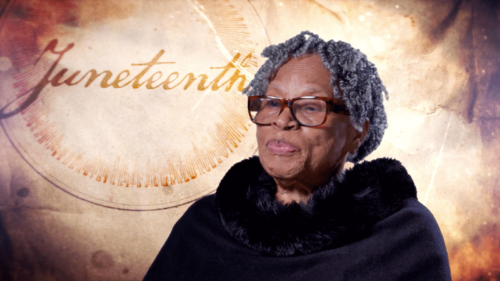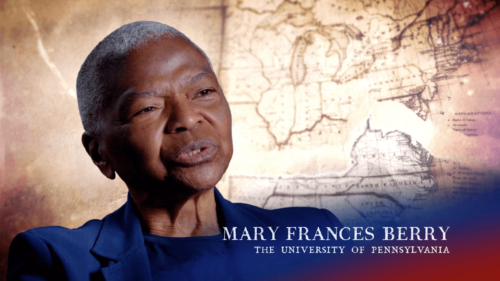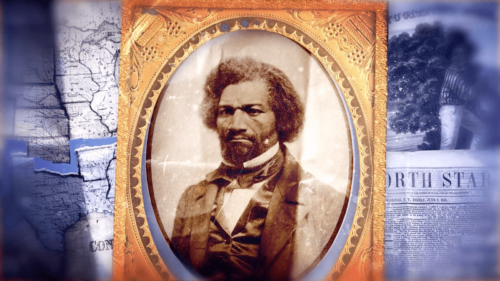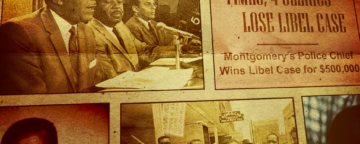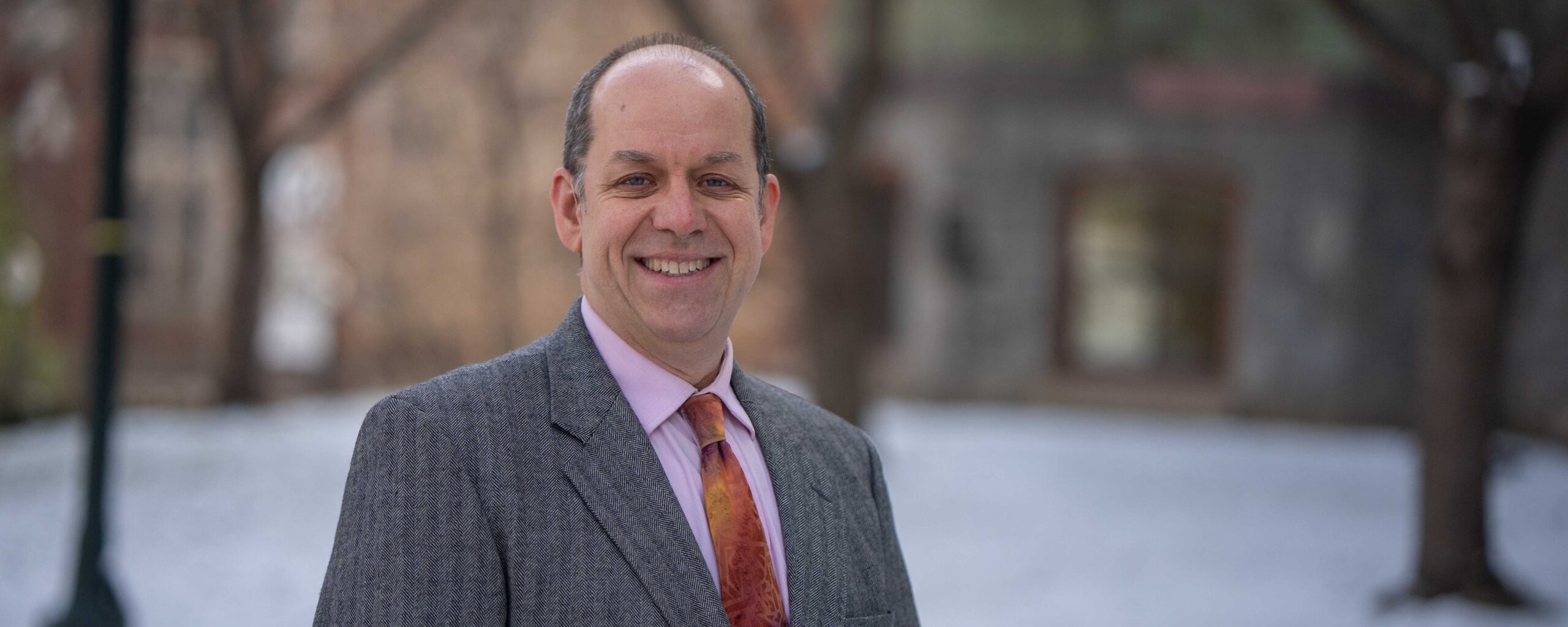What is the story of Juneteenth? Why do we celebrate this newly designated federal holiday, and how is it connected to one of the most cherished American ideals — freedom? Annenberg Classroom has released a new film, “Juneteenth,” exploring the history of the holiday and illustrating how and why freedom and citizenship were intertwined.
“Freedom belongs to all of us,” activist Opal Lee declares in the film. Considered by many to be the “grandmother of Juneteenth” for her work in raising awareness and advocating for a federal Juneteenth holiday, Lee is also a 2022 Nobel Prize nominee.
The 28-minute film, “Juneteenth,” is the latest addition to the collection of free, nonpartisan, high-quality resources offered to educators, students, and families by Annenberg Classroom and the Civics Renewal Network, both projects of the Leonore Annenberg Institute for Civics (LAIC) at the Annenberg Public Policy Center of the University of Pennsylvania.
In conjunction with the film’s release, LAIC announced that three educators were selected to write lesson plans to accompany the film.
The documentary includes interviews with illustrious scholars, including University of Pennsylvania historian Mary Frances Berry and legal scholar Kermit Roosevelt of Penn Carey Law School, as well as Martha Jones, Eric Foner, Edna Greene Medford and others. These scholars help piece together the story of Juneteenth, from the Dred Scott Decision to the Emancipation Proclamation to the nearly 200,000 Black men who served with distinction as United States soldiers and helped turn the tide of the Civil War.
“Juneteenth” also outlines the importance of the 13th, 14th and 15th Amendments to the Constitution and how they expanded the definition of citizenship and the rights of all American citizens. Jones, a historian at Johns Hopkins, says the passage of these amendments “transforms our idea about who belongs, and how, and why.”
Foner, of Columbia University, says in the film that “rights can be gained, but rights can also be taken away. It takes vigilance on the part of American citizens to make sure that what our Constitution protects is protected in reality.”
Programs featuring ‘Juneteenth’
From the film’s debut at the end of February through June 2023, about a thousand people had registered to take part in “Juneteenth” screenings and programs, which ranged from teacher workshops to public programs, both virtual and in-person. Attendees were overwhelmingly enthusiastic about the film.
Andrea (Ang) Reidell, LAIC Director of Outreach and Curriculum, said that the positive educator feedback was especially gratifying, since the film and its teacher-created lesson plans were designed to be a new classroom resource. “Teachers stated that the film and lesson plans gave them a new understanding of the Juneteenth holiday, and one educator said the workshop she attended was ‘utterly captivating’ because of the important, classroom-appropriate film and the excellent resources that accompany it.”
Annenberg Classroom partnered with several partners in the Civics Renewal Network to present the film: the National Archives and Record Administration, the New York Historical Society, the Historical Society of Pennsylvania, and the National Constitution Center.
Other programs included:
- A June 15th livestream event on WPSU, the PBS station for central Pennsylvania, in partnership with Penn State Outreach and Online Education, which featured the film and a panel discussion with Dean Daina Ramey Berry of UC Santa Barbara and noted historian Eric Foner, who are both in the film, along with Penn State Executive Vice-President and Provost Justin Schwartz and Penn State history professor Cathleen D. Cahill.
- A June 17th in-person program in historic Galveston, Texas, the place where United States troops landed in June 1865 to announce General Order #3, freeing a quarter million people still enslaved in Texas. The special event for young people included partners the Rosenberg Library and Visit Galveston, and was a Slice of History program, part of the Civic Season initiative of Made by Us.
Watch the film on YouTube, or via the Annenberg Classroom site here.
Download the lesson plans here:
- Battle for emancipation and full citizenship: A journey from Dred Scott to the 15th Amendment (high school lesson plan)
- The work and promise of freedom (middle school lesson plan)
- The significance of Juneteenth in American history (middle school lesson plan)
Annenberg Classroom provides resources for middle and high school students and features a library of more than 60 videos, including conversations with Supreme Court justices, interactive games, a guide to the Constitution, and other resources. Previous award-winning films in the Constitution Project include:
- “The First Amendment: Student Freedom of Speech”
- “Second Amendment: D.C. v. Heller and McDonald v. Chicago“
- “Freedom of Assembly: National Socialist Party v. Skokie”
- “The 19th Amendment: A Woman’s Right to Vote”
- “Freedom of the Press: New York Times v. United States”
- “Yick Wo and the Equal Protection Clause”
- “Korematsu and Civil Liberties”
This post was updated in July 2023.
